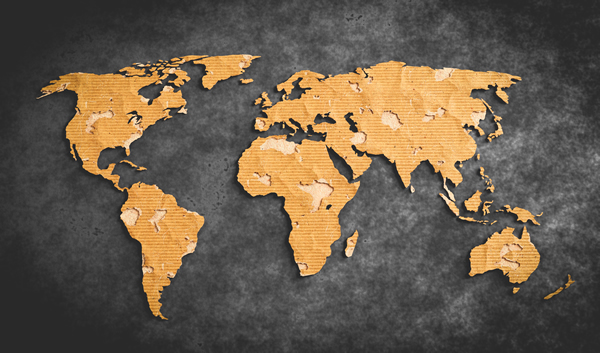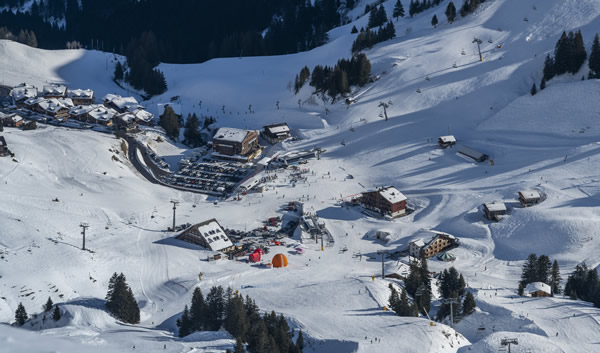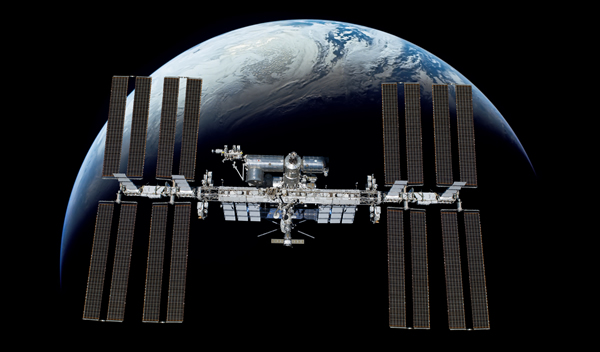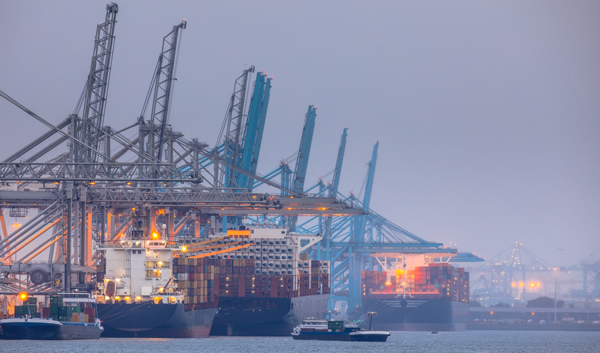Istanbul | Turkey
Check out other live webcams and live streams from Turkey
Webcam Istanbul
Istanbul, Turkey: A City of History, Culture, and Contrast
Istanbul is unlike any other city. Spanning two continents, it uniquely blends European and Asian influences. From magnificent Ottoman palaces to bustling bazaars and trendy rooftop bars, Istanbul offers something for every visitor.
Geographical Location and Historical Significance
Istanbul straddles the Bosphorus, the strait that connects the Black Sea to the Sea of Marmara. The city is divided into a European side, home to its historical heart, and an Asian side, known for its laid-back atmosphere and scenic neighborhoods.
Once known as Byzantium and later Constantinople, Istanbul was the glorious capital of the Eastern Roman Empire. In 1453, the Ottomans, led by Sultan Mehmet II, conquered the city, ushering in a new era. Today, the city's architecture and culture still bear the marks of both Byzantine and Ottoman influences.
Top Attractions
- Hagia Sophia: Originally a Byzantine cathedral, later a mosque, and now a museum, it is one of the world's most awe-inspiring landmarks.
- Topkapi Palace: The lavish residence of Ottoman sultans, featuring dazzling treasures, including the legendary Topkapi Dagger.
- Blue Mosque: Famous for its six minarets and mesmerizing blue tiles, it remains one of Istanbul’s most iconic sites.
- Grand Bazaar: A paradise for shoppers seeking handcrafted carpets, jewelry, spices, and authentic Turkish souvenirs.
- Basilica Cistern: A mysterious underground reservoir with eerie lighting and massive Medusa heads.
- Galata Tower: This medieval tower offers breathtaking panoramic views of Istanbul and the Bosphorus.
- Bosphorus Cruise: A boat trip along the Bosphorus reveals stunning palaces, bridges, and the city’s evolving skyline.
- Dolmabahçe Palace: A luxurious palace that was the last residence of Ottoman sultans and later home to Atatürk.
Tourist Information and Practical Tips
- Best travel time: Spring and autumn (April-June & September-November) offer the most pleasant weather.
- Transportation: Istanbul has an efficient public transport system, including trams, metros, buses, and ferries.
- Currency: The official currency is the Turkish lira, though euros and dollars are widely accepted.
- Local cuisine: Try kebabs, meze, baklava, and a traditional Turkish tea or coffee.
- Dress code: Visitors to mosques should dress modestly and remove their shoes upon entry.
Cultural Aspects
Istanbul is where tradition meets modernity. The city is vibrant and dynamic, yet religious customs and traditions are still deeply respected. Istanbulites are known for their hospitality and warm demeanor towards visitors. The city thrives in art, music, and literature, offering experiences ranging from traditional whirling dervishes to contemporary art galleries.






